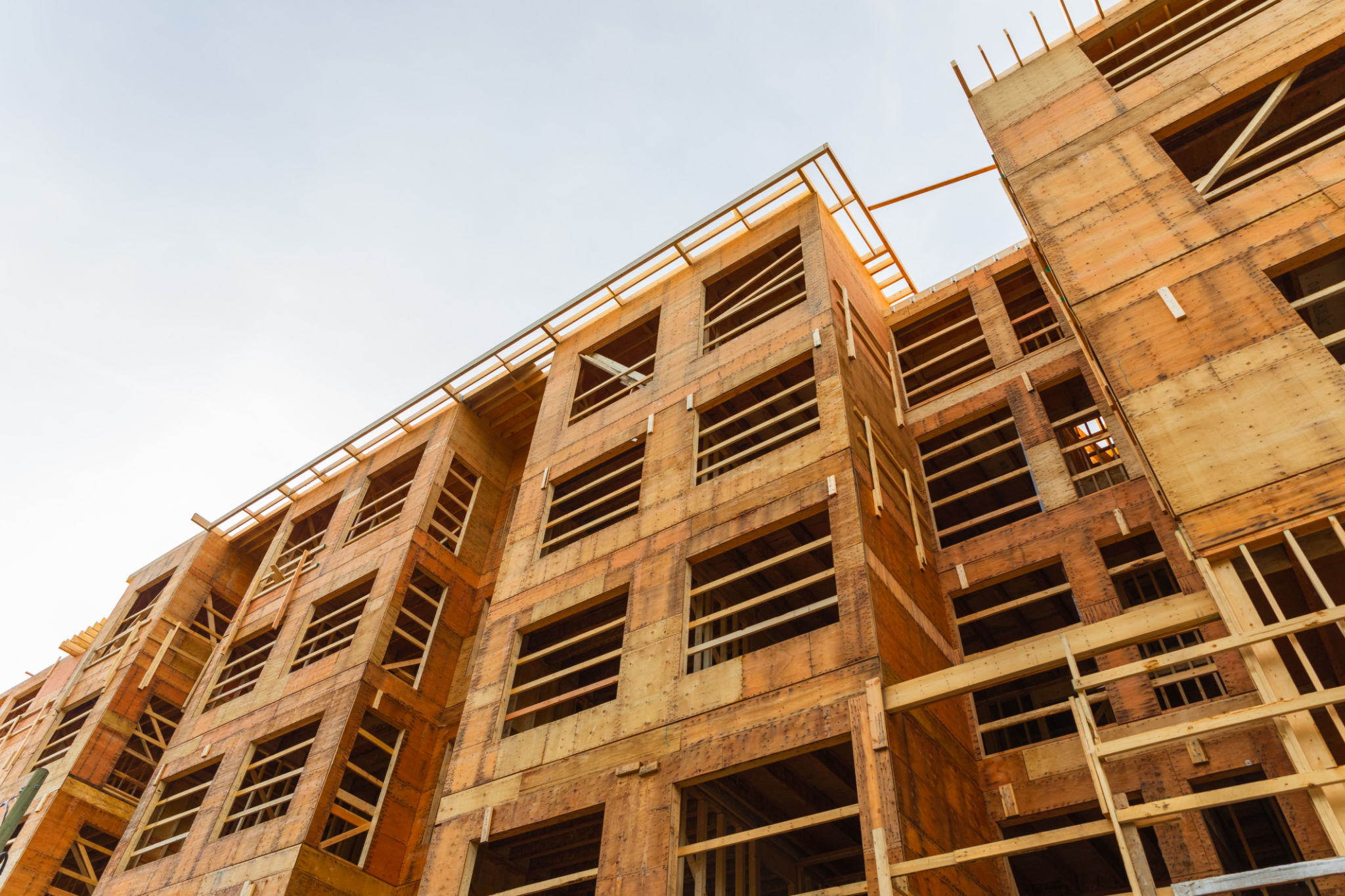How to Choose the Right Commercial Building Contractor in the UK
Understanding Your Needs
Before diving into the search for a commercial building contractor, it's crucial to have a clear understanding of your project requirements. Are you looking to build from scratch, renovate, or expand an existing structure? Knowing your specific needs will help you communicate better with potential contractors and ensure that they are equipped to handle your project.
Consider the size of the project, the desired timeline, and your budget. Having these details in place will guide you in filtering contractors who can meet your expectations and deliver results within your constraints.

Researching Potential Contractors
Once you have a clear vision of your project, start researching potential contractors. Look for contractors with experience in projects similar to yours. This can be done by checking their past work portfolio on their website or requesting references from previous clients. Additionally, ensure that they have the necessary licenses and certifications to operate in the UK.
Online reviews and ratings can also provide insight into a contractor's reputation. Platforms like Trustpilot or Google Reviews are great places to gather honest feedback from past clients. If a contractor consistently receives positive reviews, they might be a reliable choice for your project.
Evaluating Experience and Expertise
Experience is a key factor when selecting a commercial building contractor. An experienced contractor will not only have the technical skills needed but will also be able to foresee potential issues and address them proactively. Inquire about how long they have been in business and the types of projects they have completed.

Expertise in specific areas, such as sustainable building practices or specialized construction techniques, can also be beneficial. If your project requires particular skills, make sure your contractor is well-versed in those areas.
Checking Insurance and Financial Stability
It's essential to ensure that any contractor you consider hiring has proper insurance coverage. This includes liability insurance and worker's compensation insurance, which protect you from potential legal issues in case of accidents or damages during the project.
Additionally, check the financial stability of the contractor. A financially stable contractor is less likely to face disruptions during your project due to funding issues. You can request financial references or reports to verify their stability.
Requesting Detailed Quotes
Once you've narrowed down your list of potential contractors, request detailed quotes from each one. These quotes should include a breakdown of costs, timelines, and materials to be used. A comprehensive quote will help you understand what you're paying for and make it easier to compare different contractors.

Be wary of quotes that seem too good to be true, as they might indicate hidden costs or subpar materials. Ensure that everything discussed is included in the contract to avoid misunderstandings later on.
Conducting Interviews
Interviewing potential contractors offers an opportunity to gauge their communication skills and professionalism. During interviews, ask questions about their approach to problem-solving, how they handle unexpected challenges, and how they ensure projects stay on schedule and within budget.
Effective communication is crucial for a successful project, so choose a contractor who listens to your concerns and provides clear answers.
Making the Final Decision
After evaluating all the information gathered, it's time to make a decision. Consider all aspects including experience, cost, communication style, and references before making your final choice. It's important to trust your instincts and feel confident in the contractor's ability to deliver your project successfully.
Choosing the right commercial building contractor is a critical step in ensuring your project's success. By carefully assessing each candidate, you can select a partner who aligns with your vision and goals.
